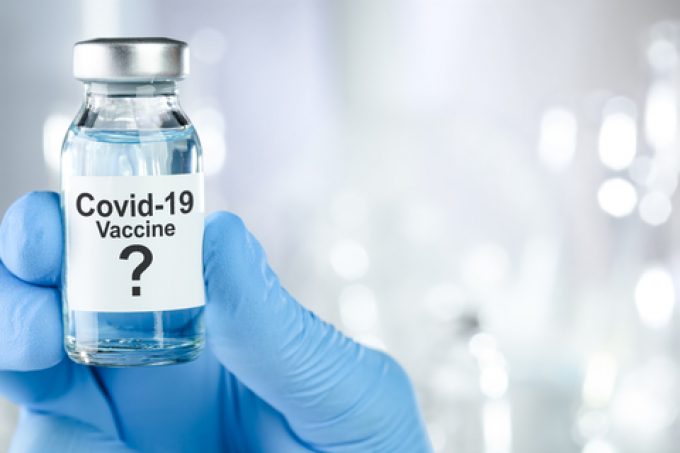'Greener' flying moves up the agenda of forwarders sourcing air cargo services
Large forwarders choosing where to award their airfreight contracts will not consider “dirty” airlines, as ...

As the air cargo industry prepares for a Covid-19 vaccine, some experts are warning of logistical challenges for worldwide distribution.
This week the International Air Cargo Association (Tiaca) and Pharma.Aero formed a working group to develop global guidance and enable optimal transport of a vaccine.
“As pharmaceutical companies race to develop the Covid-19 vaccine, it is still unclear what impact this will have on the global supply chain, specifically, logistics requirements and the air cargo industry,” the group noted.
The two associations are ...
'Disastrous' DSV-Schenker merger would 'disrupt European haulage market'
'Chaos after chaos' coming from de minimis changes and more tariffs
List of blanked transpac sailings grows as trade war heats up and demand cools
Shippers in Asia restart ocean shipment bookings – but not from China
India withdraws access for Bangladesh transhipments, in 'very harmful' decision
'Tariff hell' leaves industries in limbo – 'not a great environment to plan'
Asian exporters scramble for ships and boxes to beat 90-day tariff pause
Temporary tariff relief brings on early transpacific peak season
Pre-tariff rush of goods from US to China sees air rates soar, but not for long
De minimis-induced ecommerce demand slump could cripple freighter operators
Forwarders 'allowing the fox into the chicken run' by supporting 'hungry' carriers
Hapag 'took the bigger risk' when it signed up to Gemini, says Maersk
'Restoring America's maritime dominance' – stop laughing at the back of the class
Navigating tariffs: 'like trying to solve a Rubik's cube while colour-blind'
Marginal gains on east-west ocean container routes in a challenging week

Comment on this article
Josh
August 18, 2020 at 12:14 pmI’d like to understand where the 12000 freighters came from. A 744F has a load capacity of about 740m3. According to the WHO, a vaccine in packed form takes about 2.1cm3. This comes to about 350m vaccines per airplane. Assuming a world population of 7.8 billion, multiplied by 2 (vaccine + booster) * 2.1 (cm3/vaccine), comes to 42.5 744Fs to move vaccines for the entire world.
Now risk in a different issue…